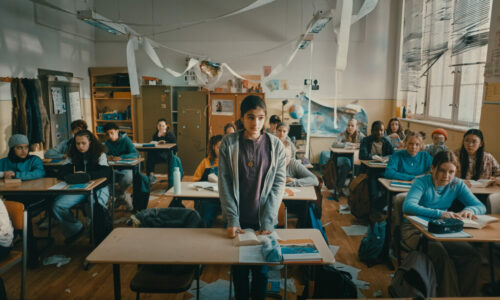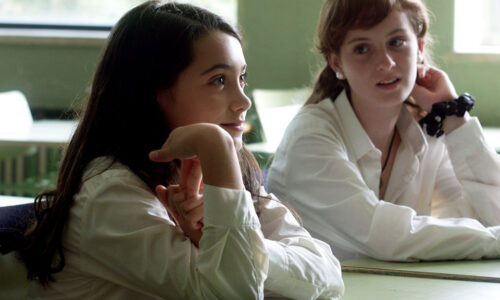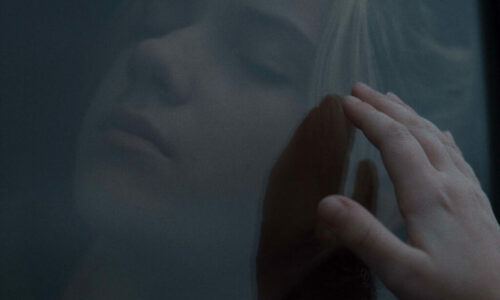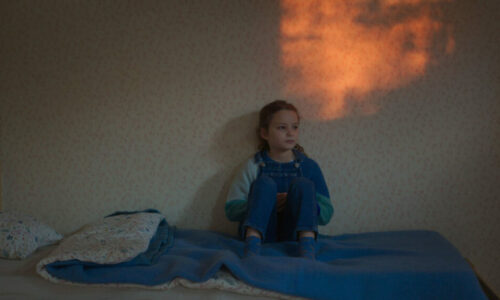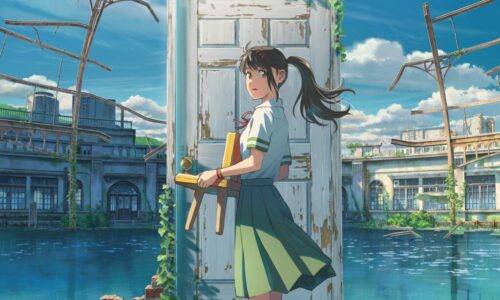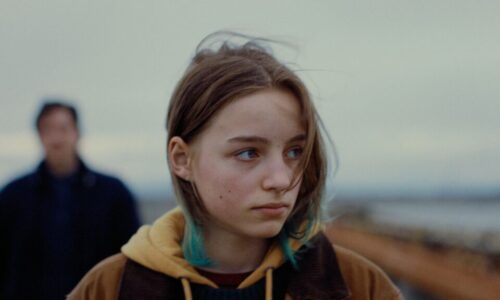Wo Tu lives with his parents and little sister in a village far away from the big city. There is drought and a shortage of water, but his greatest wish is a water pistol.
His grandfather also lives in the apartment. He is bedridden and very weak. Wo Tu’s father works on a building site in the city and earns money for the family. His work seems to be very demanding because he is not often seen with his family.
When his father appears for the first time, he brings the children a winter jacket, but Wo Tu is visibly disappointed. His father had promised him a water pistol. His father also refuses his wish to come into town with him.
His grandfather then seems to really want to make his grandson’s wish come true. He gives the boy the order to burn some paper money at his grave after his death, then he will come and fulfill his wish.
Shortly afterwards, the grandfather passes away, but the traditional funeral is suddenly interrupted. The state has apparently recently banned the burial of a corpse in the great open steppe. We have to adapt to the new times, the adults discuss among themselves, while the mother keeps asking herself what the problem is with burying someone in the great open steppe. Wo Tu, meanwhile, seems quite impatient, because as long as his grandfather is not buried, he cannot fulfill his mission and has to wait even longer for his water pistol.
Finally, his father comes home one day with a box covered with a red cloth, which he places on a small altar. The mother is not very happy about this, but her husband promises her that they will find a solution.
In the end, the parents have built a small altar in the steppe and Wo Tu can finally fulfill his grandfather’s wish.
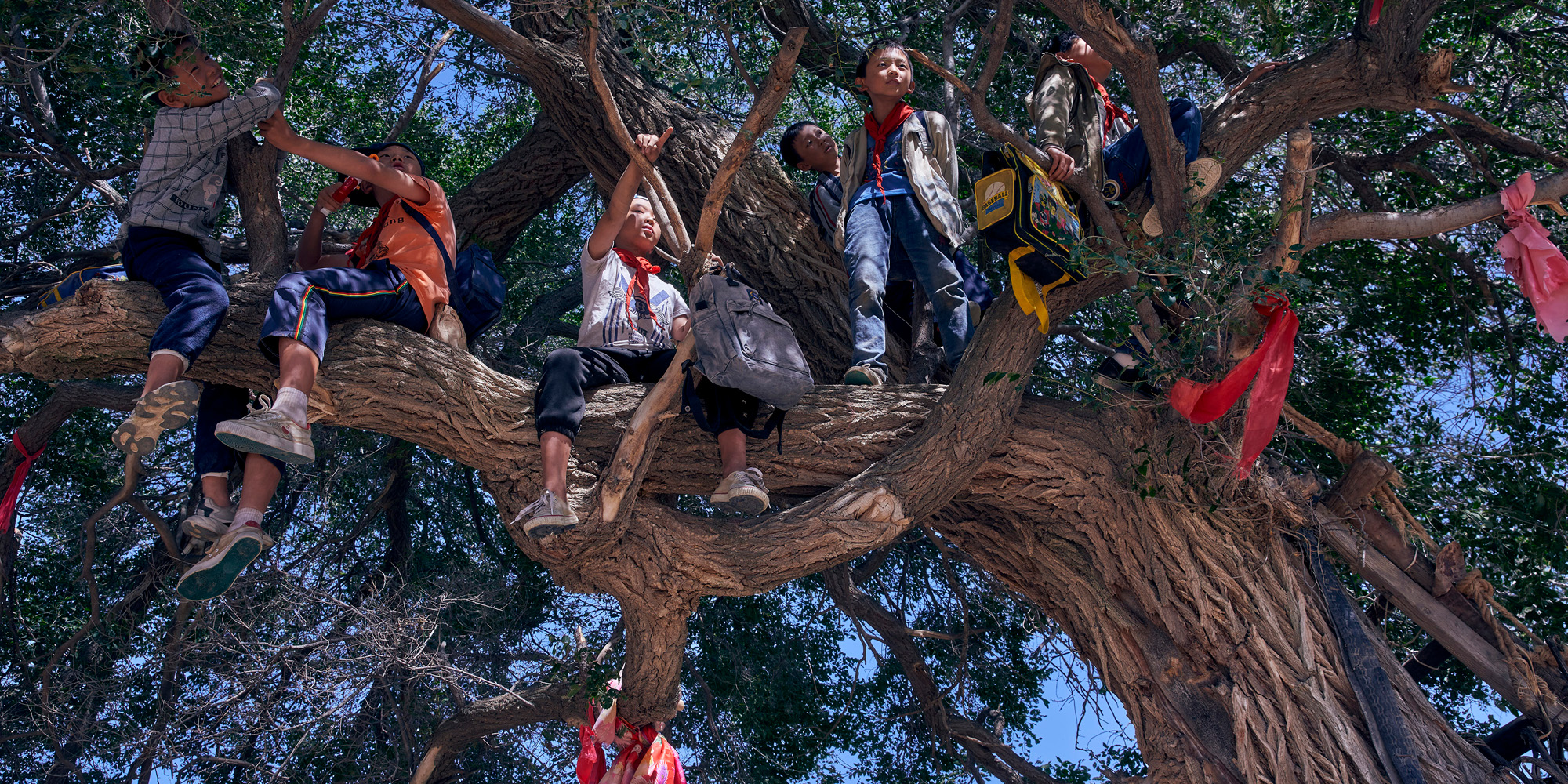
And so one day, as promised, his grandfather turns up again. He is sitting by a river, where the boy discovers him. He hands Wo Tu his water pistol, which he proudly accepts. Then a gigantic water pistol suddenly appears in the river, floating past him like a large tanker. Wo Tu finds himself in bed, but there is no trace of the water pistol.
From now on, his grandfather keeps appearing in the boy’s dreams and takes him to places from his past life, tells him excerpts from his life story and also tells him about a valuable treasure.
When his mother finds out about the treasure, the entire yard is dug up without further ado and when a silver coin is discovered, the hope for more grows. But apart from a box of old weapons, nothing else is found and this almost becomes the mother’s undoing, as the possession of weapons is absolutely illegal.
Having had enough of the adults’ promises, Wo Tu finally sets off on his own on the journey to the city, but the boy is completely overwhelmed by the situation and falls asleep on a forecourt in front of a shopping center. The next morning he sits in a police station and is picked up by his mother, who is understandably angry on the one hand, but also realizes that she has put her son in the background for far too long. On the way home, the two of them pass a toy store window full of water pistols. It’s clear that Wo Tu won’t be arriving back in the village without this toy. As he proudly presents his new acquisition to his friends and wants to play with them, he is told that almost everyone has moved away or will be leaving soon. A few days earlier, Wo Tu’s parents had also discussed the fact that it was time to leave the village. The state entices the villagers with a beautiful new life in modern houses, running water and a newly built school. They clearly want to use the farmers’ land for other purposes.
It is not easy for the family to leave their traditional roots and ultimately it is a serious accident on the father’s building site that forces the family to move to a new home. All that remains is a look into the uncertain future of Wo Tu and a view of the empty village that has been left to its fate and is slowly decaying.
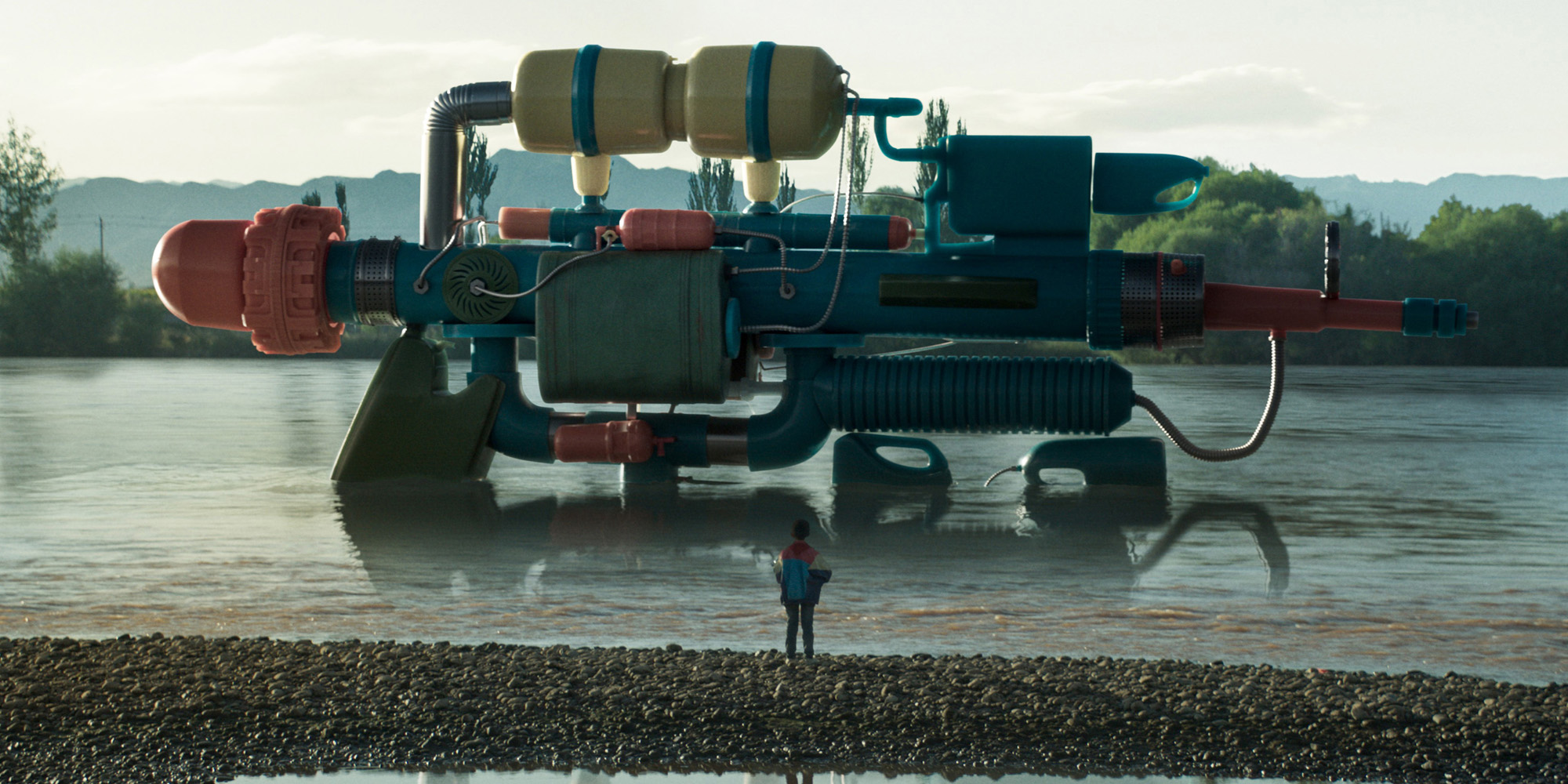
Conclusion:
I remember very well the times when I dreamed of things that I wanted very much. It was always a disappointment to wake up and not have the desired object after all. In this respect, the movie brought back memories of my own childhood.
I was a little confused by a character called Jiu. He is addicted to alcohol and is usually busy digging a well for the village. He also keeps popping up at the family, or rather the mother or Wo Tu, helping them but also betraying them once in a while.
Apart from that, the film is of course also very much about the culture and traditions of the People’s Republic of China, which is sometimes not quite comprehensible or immediately understandable for us Westerners in terms of its complexity if we don’t delve deeper into it. In particular, the dream journeys into the past with the grandfather deal with the very themes that the country has experienced. Personally, I prefer the more “modern stories” from this country and so I also found myself in this movie that the most interesting scenes for me came to fruition when the boy strolled through the city.
Actors:
Ouyang Wenxin (Wo Tu)
Yong Mei (Muyue)
Zu Feng (Chuan)
Li Jun (Großvater)
Wang Zichuan (Jiu)
Zhao Xiaoning (Urgroßvater)
Director:
Wang Xiaoshuai
More about the Movie:
https://www.berlinale.de/en/2024/programme/202409035.html
